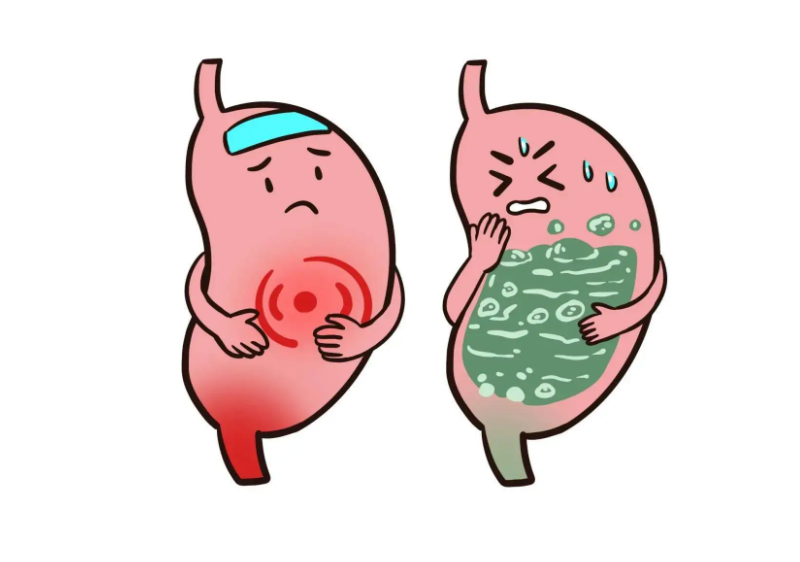
- Clean the air conditioner regularly
The air conditioner that is not used for a long time is best cleaned in time before use, it is recommended to clean the filter screen of the air conditioner every half month, one is to obtain clean air, and the second is to collect dust above the filter screen after long-term use, resulting in poor intake and outlet air, reducing the performance of the air conditioner, and the power consumption will increase.
- Avoid sudden heating and cooling
Our body's adaptability is limited, such as from a very hot environment suddenly into an air-conditioned room, or from an air-conditioned room suddenly into a very hot environment, in this case the body is difficult to adjust, prone to immune dysfunction, immune dysfunction and other problems.
- Moisturize
Proper humidity is very helpful for the preservation of respiratory mucosa, skin and other immune functions, so it is necessary to keep a certain humidity in the room to avoid cold and dry. You can properly drink water to replenish water, you can also place a basin of water under the air conditioning outlet to improve humidity, humidity control in the room at 40% to 60% is appropriate.
- The temperature should not be set too low
The air conditioning temperature should not be set too low, the indoor and outdoor temperature difference should not be too large, too much will increase the burden of body temperature regulation center, it is also easy to cause dizziness, dry skin, dry mouth and other discomfort, but also consume electricity, the most suitable temperature is generally 26 ° C ~28 ° C.
- Open Windows regularly for ventilation
Air conditioning will make the air does not circulate, air quality decline, easy to cause nasal congestion, dry throat, sneezing and other respiratory discomfort. Therefore, attention should be paid to frequent ventilation, it is recommended to open a window about 2 to 3 hours, and ventilation is about 10 to 15 minutes each time to ensure fresh indoor air.
- Avoid blowing directly on your body
Avoid cold air blowing directly on the body, especially the head and face, knees, lower abdomen, waist and other parts that are more sensitive to temperature. If you blow directly on the head and neck, the scalp temperature drops, easy to cause cerebral vascular contraction, for the elderly with cardiovascular and cerebrovascular diseases, serious can induce stroke.
- It's cooler when the wind is up
When opening the air conditioner for refrigeration, it is best to put the air conditioner wind direction upward, so that the cold air is circulated from top to bottom. When heating, let the air conditioning wind direction down. In general, the cold air goes down, and the hot air vice versa, so this can make full use of the physical characteristics of the cold and hot air itself, natural communication.
- It's hot and humid
Sometimes when the weather is stuffy and uncomfortable, we should make good use of the "dehumidification" function to let the indoor humidity drop, so that you do not need to adjust the air conditioning temperature, but also make people feel comfortable and cool.
- Match the air conditioner and fan
At the same setting temperature, the air conditioner and fan are used together to achieve better cooling effect than a single air conditioner. Because the fan can increase the air convection in the room, achieve a uniform temperature distribution, and the skin will feel cooler. If there is a fan, the air conditioning temperature can be adjusted higher, but pay attention to the fan does not blow directly at the body.
The elderly should open air conditioning in time in summer
- There may be "hidden heat stroke" in the case of "not feeling hot". With the increase of age, the sensitivity of skin temperature receptors in the elderly is reduced, and the body sense of external temperature and humidity becomes less obvious. So even if the room temperature is high, they may not feel very hot, and they will not be able to cool down and hydrate in time.
But in fact, due to their body temperature regulation function and adaptability to decline, long-term in high temperature and humidity, not ventilated indoor environment, it is easy to appear dehydration, poor heat dissipation, electrolyte disorders in the body symptoms, thus heat stroke.
- If the elderly themselves suffer from other chronic diseases, on the one hand, they will mistake the symptoms such as headache, dizziness, and heart palpitations in the early stage of heat stroke for other diseases and cannot get timely treatment. In more severe cases, it may develop into a febrile disease. Heat stroke is a severe form of heat stroke with a fatality rate of 20% to 70%, and up to 80% in elderly patients.
On the other hand, heat stroke at high temperature may aggravate the original disease, bring a series of complications, and affect the function of various organs of the body. The key to avoid heat stroke is prevention, so it is necessary to turn on the air conditioner in time and keep the room properly ventilated.

